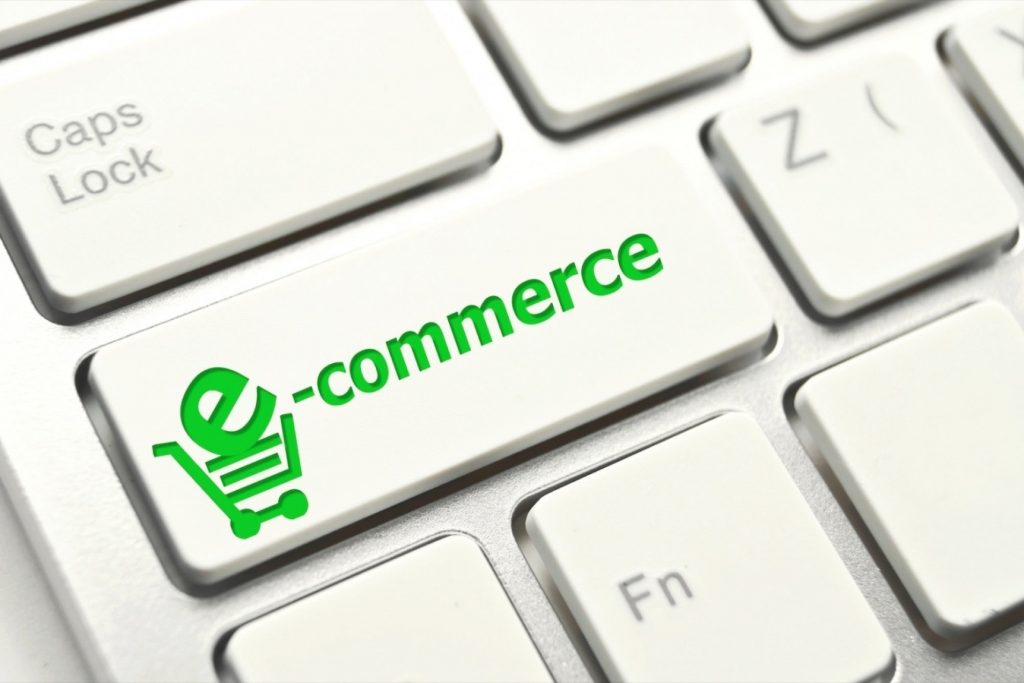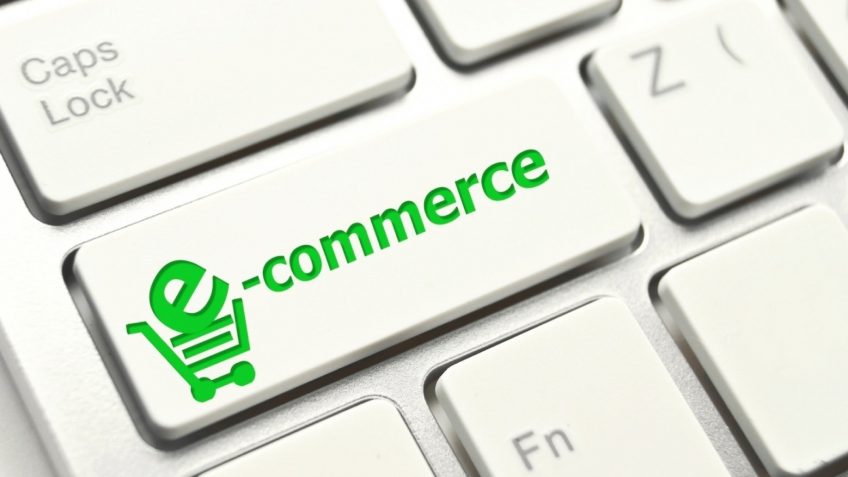eCommerce business growth is skyrocketing in the whole world. In the US alone the online share in the retail market almost doubled in the last 5 years. Also, many western Europe went on the same path. There is no sign of a slowdown in the growth of the eCommerce business. Earlier days, when amazon started the idea was to sell books online. Apart from amazon few sites were selling some unique items. Now, almost all the segments are coming to eCommerce business.

Nowadays, selling online is easy and one can start an eCommerce business in there garage or bedroom. Without an inventory, one can start a business like dropshipping or online arbitrage. The physical asset required is a laptop with internet and few paid online tools. If you have a few square feet of space, one can utilise the space for goods. Having an inventory will help in starting an Amazon eCommerce seller account. Keeping the profit and loss factors aside, all sellers must handle the customers and manage the stocks. Slowly, the business will grow and after a few months, you will hit a 1000 sale mark. But once you start making sales, the next big headache is how to manage? There are many challenges when the business starts to grow. Let’s have a look at the factors which affect the business when the scale increases.
1) Management of Logistics when the business grows
 One of the basic needs of an eCommerce business is handling logistics. Even if you are just started selling in Amazon, having an efficient order delivery system will take the business to the next level. Delivering the order on time keep the customer happy and also good feedback. Once the eCommerce business grows order management will get complicated. Having sufficient inventory before taking order is very important. Else this might lead you to account suspension. To tackle orders and delivery, sellers must adopt the tech. Automation is the key to handle the Inventory and orders.
One of the basic needs of an eCommerce business is handling logistics. Even if you are just started selling in Amazon, having an efficient order delivery system will take the business to the next level. Delivering the order on time keep the customer happy and also good feedback. Once the eCommerce business grows order management will get complicated. Having sufficient inventory before taking order is very important. Else this might lead you to account suspension. To tackle orders and delivery, sellers must adopt the tech. Automation is the key to handle the Inventory and orders.
Once the business making a large sale on a daily basis, be ready to take the extra load in holiday seasons. If Amazon sellers don’t use the FBA facilities, then it is quite difficult to handle delivery, returns and customer relationships.
Another challenge in large eCommerce business is overseas logistics management. Sellers must adopt to manage local as well as global orders and customer service. However, overseas eCommerce where majority gives up. Often the challenges like regulations, policies and bureaucratic hurdles are more than the profits. One must evaluate the workload, time and profit before stepping into overseas projects.
2) Customer Service
 Customer service is very important in any business, especially in the eCommerce sector. Also, this comes in all part of eCommerce areas. From product listing, details, pictures, order updates, delivery and product quality all of these factor plays in customer service. Business growth in upwards comes only if customers are satisfied. Once again, automation plays a key role in keeping customers happy and saves a lot of time when dealing with large eCommerce business. If the customer is having a problem with the order or requires more details, an automated message or chatbot will resolve the problem with no intervene of precious human resources. The whole process can be automated by using tools like CRM management software.
Customer service is very important in any business, especially in the eCommerce sector. Also, this comes in all part of eCommerce areas. From product listing, details, pictures, order updates, delivery and product quality all of these factor plays in customer service. Business growth in upwards comes only if customers are satisfied. Once again, automation plays a key role in keeping customers happy and saves a lot of time when dealing with large eCommerce business. If the customer is having a problem with the order or requires more details, an automated message or chatbot will resolve the problem with no intervene of precious human resources. The whole process can be automated by using tools like CRM management software.
3) Finding suppliers
Never put the products for sale if you don’t have stock in inventory. Selling the products which are out of stock will lead customers unhappy. Customers will start looking at other sellers. Effective inventory management software will help in dealing with Inventory and orders.

Sometimes demand spikes in the market for a reason or no reason. Being the large seller in amazon one must be ready to get the necessary inventory on time. On the other hand, a sudden drop in demand also possible. This is primarily due to the price of the product and competition by other sellers. price is another important factor when finding suppliers.
4) Marketplaces
When the business grows, the seller will join new market places. This will literally double the amount of workload. Never underestimate the workload and also don’t assume the same success as other marketplaces. As of the year 2020, many new marketplaces are emerging faster than expected coupled with brand new tech. Sellers must not hesitate to step into new tech and adopt the new marketplaces. Before entering the new marketplace, analyse the revenue, ROI and other expenses.
5) Managing staffs and team
As business increases, sellers must think of expanding team, staffs and other necessary infrastructures.


